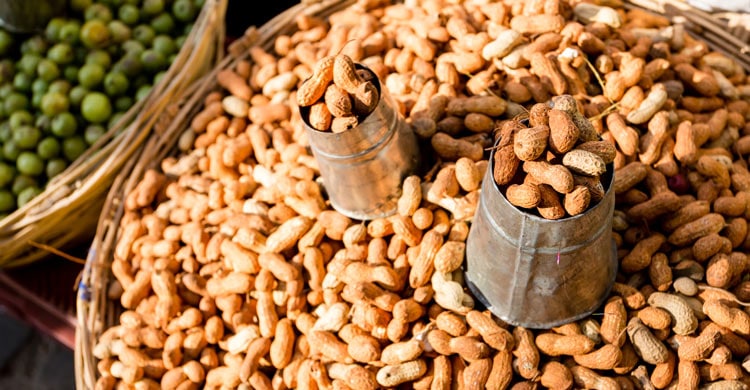
A peanut shelling antitrust lawsuit has been filed on behalf of peanut farmers throughout the United States who sold raw, harvested runner peanuts to peanut shelling companies since January 2014. Defendants in the lawsuit allegedly used their market dominance to depress the prices of certain kinds of peanuts, creating a false impression of an oversupplied peanut market.
If you are a peanut farmer in the United States and sold raw, harvested runner peanuts to peanut shelling companies between January 2014 and the present, contact Attorney Group for more information about your options. Affected farmers may be eligible to seek compensation with the help of an antitrust attorney.
We offer free, no obligation consultations. We can help answer your questions, and if you choose to pursue a claim we can connect you with an affiliated attorney who can assist you throughout the legal process.
Peanut Farming in the United States
There are four major types of peanuts grown in the United States: Runner, Spanish, Valencia and Virginia. Runner peanuts make up approximately 80 percent of the peanuts grown in the U.S. and are primarily grown in Georgia, Florida, Texas and Oklahoma.
When peanuts are harvested, they are typically moved to a buying point and/or sold to a shelling plant where the crops are processed and packaged. Peanut shellers play an important role in the production of peanuts and are responsible for marketing and selling the shelled product to companies or other manufacturers.
In addition to the Southeastern United States and mid-Atlantic states of North Carolina and Virginia, peanuts are grown areas where the climate is warm, including New Mexico. Although there are hundreds of buying points and shelling manufacturers throughout the country, two companies, Birdsong Corporation and Golden Peanut Company, control approximately 80 to 90 percent of the total peanut shelling market.
Peanut Shellers Allegedly Conspired to Control the Price of Peanuts
A class action lawsuit filed in September 2019 alleges that Birdsong Corporation and Golden Peanut Company “conspired and colluded with one another to stabilize and depress Runner prices.” According to the complaint, the prices paid by defendants to peanut farmers have remained “remarkably flat and unchanged” since at least January 2014 despite significant supply disruptions, such as Hurricane Michael and other major weather events over the last several years.
As a result, the peanut industry in the United States experienced drastic weather-related price changes from 2011 to 2014 that made it difficult for the defendants in the complaint to manage risk and plan for production.
According to plaintiffs in the lawsuit, Birdsong and Golden Peanut Company allegedly:
- over-reported inventory numbers to create the false impression of an oversupplied market;
- capitalized on the perceived oversupply to offer artificially low Runner prices to farmers;
- under-reported peanut prices to further suppress prices; and
- offered nearly identical shelling contracts, limiting the negotiating power and pricing options for farmers.
Unlike other agricultural commodities, peanut pricing lacks transparency because there is no futures market for peanuts. Affiliated attorneys are investigating whether defendants in the complaint exploited this lack of transparency and went so far as to falsely report inventory numbers to the USDA to create the false impression of an oversupplied market.
How Can an Attorney Can Help You File an Antitrust Lawsuit?
When companies engage in wrongful conduct, or otherwise conspire to commit deceptive trade practices, they could be liable for any damages that result. In this case, if the allegations of violations of the Clayton Act and the Sherman Act against the defendants are proven, individuals and other entities, including peanut farmers throughout the United States, may be able to recover the losses they suffered as a result of the defendants’ actions, along with other damages.
Those affected by the defendants’ actions may be eligible to pursue damages by filing an antitrust lawsuit and are encouraged to seek the advice of an experienced attorney to learn more about their rights and remedies.
For more information, contact Attorney Group. When you contact us, an attorney will follow up with you to speak with you about your case or answer questions that you might have.
There is no cost or obligation to speak with us, and any information you provide will be kept confidential.
Please note that the law limits the time you have to pursue a claim or file a lawsuit for an injury. If you think you have a case, you should not delay taking action.





